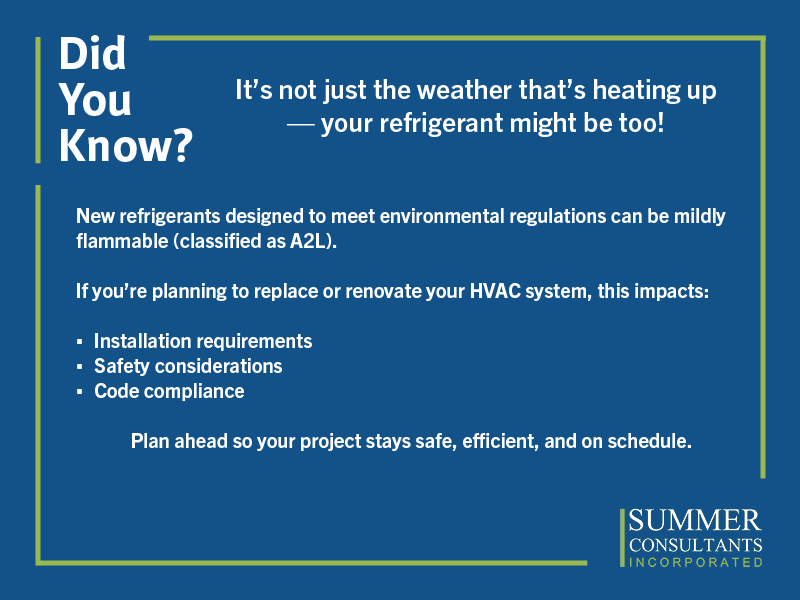
In times of tightening budgets and rising maintenance demands, the Department of Defense (DoD) is turning to a powerful strategy to streamline HVAC chiller maintenance: category management. For U.S. Army installations, this means a more standardized approach to procuring and maintaining HVAC chiller equipment with benefits in cost, efficiency, and readiness.
What Is Category Management?
Category management is a strategic method of consolidating purchases across similar goods or services to achieve better pricing, consistency, and support. In DoD applications, it enables installations to leverage enterprise-wide vehicles and preferred providers for major systems like HVAC chillers.
The Policy at a Glance
A recent IMCOM (U.S. Army Installation Management Command) memorandum formalized a streamlined strategy for HVAC chiller procurement across U.S. Army garrisons. The key goals:
- Standardize HVAC chiller brands per installation (Trane, Carrier, Daikin, or York)
- Reduce lifecycle costs tied to parts, training, certification, and authority to operate (ATO).
- Accelerate procurement timelines through Sourcewell IGSAs and GSA schedules.
- Enable mission continuity by ensuring consistency across critical infrastructure.
The Tools of the Trade
IMCOM garrisons are encouraged to use:
- Sourcewell IGSA – May be able to deliver equipment replacements up to 20% cheaper than FAR contracts.
- GSA Schedules – Cover a wide range of HVAC chiller systems from all four approved manufacturers.
- Non-FAR vehicles – Enable local flexibility without sacrificing compliance or quality.
Why It Matters
By consolidating purchasing power and reducing administrative hurdles, category management allows users to modernize facilities faster and more cost-effectively. The results can lead to more predictable maintenance, fewer compatibility issues, and better energy performance across Army infrastructure.






